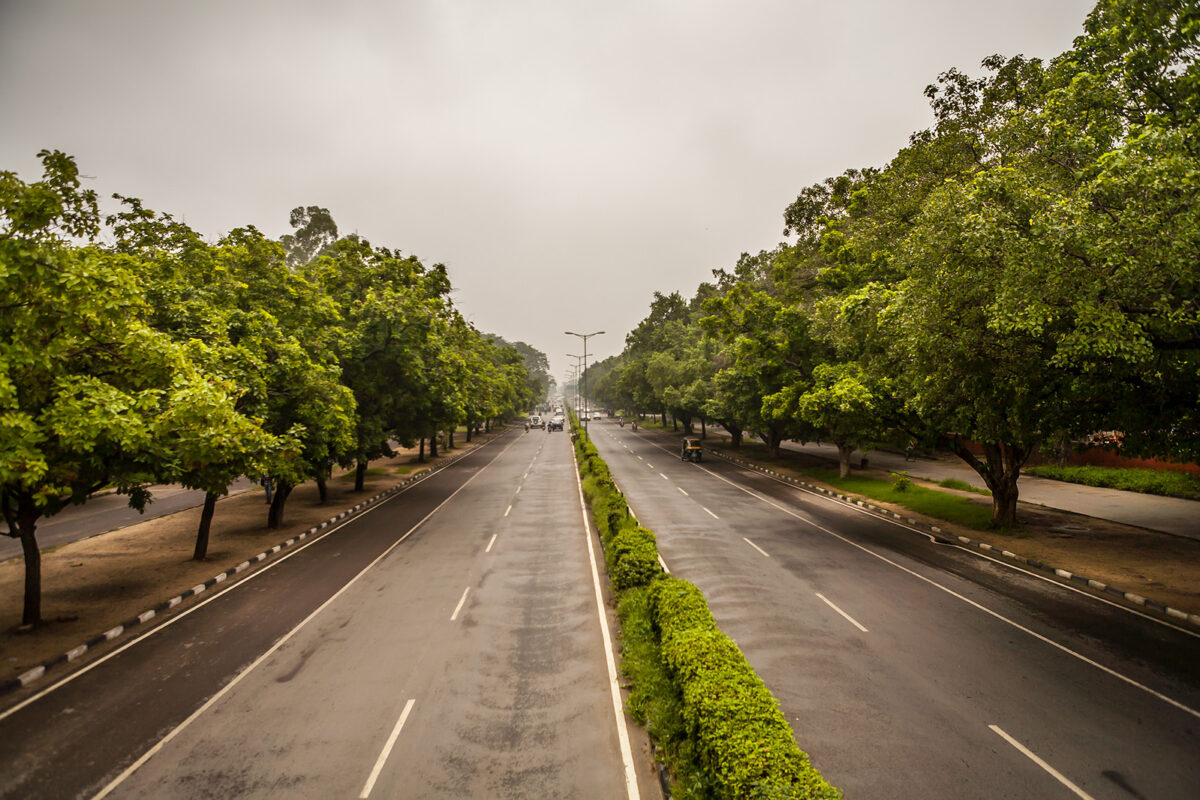1. Name History:
- Chandigarh: A blend of “Chandi,” the Hindu goddess of power, and “Garh,” meaning fort. It derives its name from the nearby Chandi Mandir temple dedicated to the goddess.
- City Beautiful: A title earned during its planned development by visionary architect Le Corbusier.
2. Famous Things:
- Rock Garden: Nek Chand’s whimsical creation, built from recycled materials, showcasing his artistic genius.
- Sukhna Lake: A sprawling man-made lake offering boating, paddleboarding, and stunning views.
- Open Hand Monument: A symbolic sculpture by Le Corbusier, representing peace and open-mindedness.
- Rose Garden: Asia’s largest rose garden, boasting over 1600 varieties and a mesmerizing annual festival.
- Capitol Complex: Housing the Punjab and Haryana High Court and Secretariat, showcasing iconic modern architecture.
3. Geographical Landscape:
- Located in northern India, at the foothills of the Shivalik Hills.
- Union Territory, not part of any state.
- Bordered by Punjab to the north, west, and south, and Haryana to the east.
- Flat and fertile plains, with Sukhna River flowing through the city.
4. Festivals:
- Chandigarh Carnival: Vibrant three-day celebration with cultural performances, street parades, and food stalls.
- Baisakhi: Sikh festival marking the New Year, celebrated with vibrant processions, bhangra dances, and traditional food.
- Mango Festival: Celebrates the abundance of mangoes grown in the region, featuring exhibitions, competitions, and culinary delights.
- Diwali: Festival of lights, celebrated with dazzling illuminations, firecrackers, and traditional sweets.
- Christmas and New Year: Merry celebrations with carols, church services, and festive decorations.
5. Dance and Music:
- Bhangra: Energetic Punjabi folk dance performed during Baisakhi and other celebrations.
- Gidda: Lively Punjabi folk dance performed by women, showcasing unity and rhythm.
- Sufi Music: Traditional devotional music with mystical themes, often accompanied by instruments like qawwali and harmonium.
- Haryanvi Folk Music: Traditional tunes and ballads reflecting the rural life and culture of Haryana.
- Modern Indian Music: Contemporary Bollywood and Punjabi music have a popular presence in the city.
6. Famous Old Literatures:
- Mahabharata: The epic mentions the region as “Nandana,” a legendary paradise.
- Panjabi Sufi literature: Works of poets like Bulleh Shah and Waris Shah reflect the spiritual and cultural heritage of the region.
- Colonial travelogues: British accounts like Fanny Parkes’ “Wanderings of a Pilgrim” documented observations of the area.
- Modern Punjabi literature: Works by Khushwant Singh, Amrita Pritam, and others offer insights into the region’s culture and history.
7. Temples:
- ISKCON Temple: A beautiful Krishna temple with serene gardens and traditional architecture.
- Mansa Devi Temple: Hilltop temple dedicated to Goddess Mansa, offering panoramic city views.
- Chandi Mandir: The namesake temple of Chandigarh, situated near the city.
- Shri Guru Nanak Dev Ji Gurudwara: A serene Sikh temple offering prayers and langar (community meals).
8. Beaches:
- Chandigarh itself doesn’t have beaches, but nearby states like Punjab and Haryana offer options:
- Sunset Point, Pinjore: Scenic viewpoint with a man-made lake, offering sunset views and boating.
- Nangal Dam: Picturesque location with boating facilities and recreational activities.
- Sukhna Lake: While not technically a beach, the lakefront offers sandy patches and recreational activities like sunbathing and picnicking.
9. Hills:
- Shivalik Hills: Surround the city, offering trekking trails and scenic viewpoints.
- Kasauli Hills: Hill station
